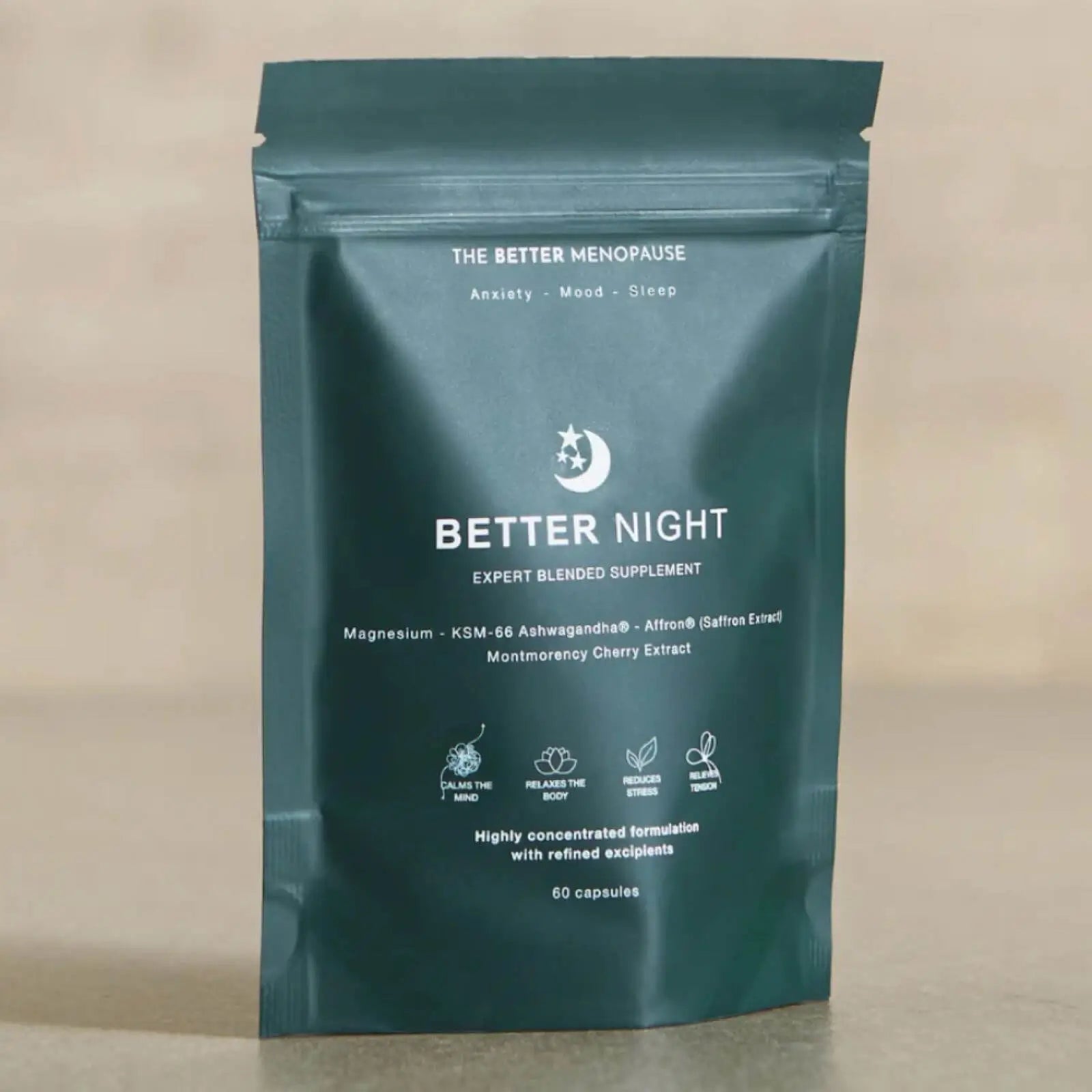
Metabolic Mayhem: Balancing Weight Gain and Energy Lows During Menopause
Why am I gaining weight and feeling low in energy?
One of the most common complaints women in menopause have is uncontrollable weight gain. In some cases women will gain 1.5kg a year without changing anything in their diet. So why is this happening and what can you do about it? I like to call this the metabolic mayhem of menopause and learning to manage your blood sugar levels will put you back in control.
We experience a metabolic change in menopause that affects our health and wellbeing. This change is triggered by the decline of our sex hormones. Oestrogen plays a crucial role in the metabolism of sugar and insulin sensitivity, so when it starts to fluctuate during perimenopause we can be left feeling low in energy, anxious and gaining weight with no explanation.
Oestrogen receptors are all over our body and this hormone plays an important role in the communication and maintenance of our health. When it comes to managing blood sugar oestrogen plays a traffic warden style role working with insulin by ushering glucose from the bloodstream into the cells to be used as energy.
When oestrogen levels dip, this communication breaks down and can lead to high blood sugar and low energy. Over time this deficit of oestrogen puts insulin under more pressure to perform alone. In some cases we can then become insulin resistant which leads to metabolic diseases like diabetes. When we become resistant to insulin our body will store glucose as fat, which results in weight gain.
Just as oestrogen pushes glucose into cells for energy this also happens in our brain cells. Our brain needs glucose to function properly and when oestrogen is lacking this can result in brain fog or lack of focus.
Another factor to consider is the effect of stress on weight gain during menopause. When we are in a stressful situation our body first releases adrenaline - this is known as the fight or flight response - and it stimulates our body for action and escape. If stress levels are sustained this stimulates cortisol to be released. Cortisol triggers glucose to be released into the bloodstream causing another spike. Additional cortisol impairs insulin release which means that if we don’t burn off the glucose it will instead be turned into fat.
The cocktail of oestrogen, glucose, insulin and cortisol are at the root cause of metabolic mayhem and menopause weight gain. So what can we do about it? Making some simple changes to your diet and lifestyle can protect against adverse effects of this metabolic change. Avoid snacking - grazing all day keeps blood sugar spiking up and down which will cause more insulin to be released. Sticking to eating at meal times alone will keep blood sugar under control.
- Add more fibre to your plate - increasing your intake of vegetables and plant foods has numerous benefits, including slowing down the release of blood sugar after meals. If you eat your vegetables before any carbohydrates, this again will have a beneficial effect on your blood sugar.
- Add more protein - including protein with every meal gives us a steady supply of energy as protein takes longer to digest than glucose from carbohydrates.
- Do everything you can to reduce stressors and your reaction to them- rethinking lifestyle choices and incorporating activities that relax and ground you will make a huge difference to your cortisol levels which in turn will help you feel more balanced and in control of your body.
In conclusion, menopause is a transformative phase in a woman's life, marked by inevitable metabolic shifts that can lead to weight gain and decreased energy. However, it's essential to remember that you have the power to navigate through this metabolic maze. By understanding the connection between oestrogen, glucose, insulin, and cortisol, you can make informed dietary and lifestyle choices that can help you regain control. It's not about resisting the changes your body is going through, but rather embracing and adapting to them. With the right knowledge and tools, you can thrive during perimenopause and menopause and enjoy a balanced, healthy life.
Remember, it's never too late to take charge of your health and wellbeing.
Sign up for our newsletter for insight, special offers, and inspiration.
© 2026 The Better Menopause. All rights reserved *These statements have not been evaluated by the Food and Drug Administration. This product is not intended to diagnose, treat, cure, or prevent any disease. *Food supplements are not intended to diagnose, treat, cure or prevent any disease and should not be used as a substitute for a varied diet and healthy lifestyle. While our product may offer benefits for many individuals, we strongly recommend that your diet includes rich sources of natural probiotics, too.


